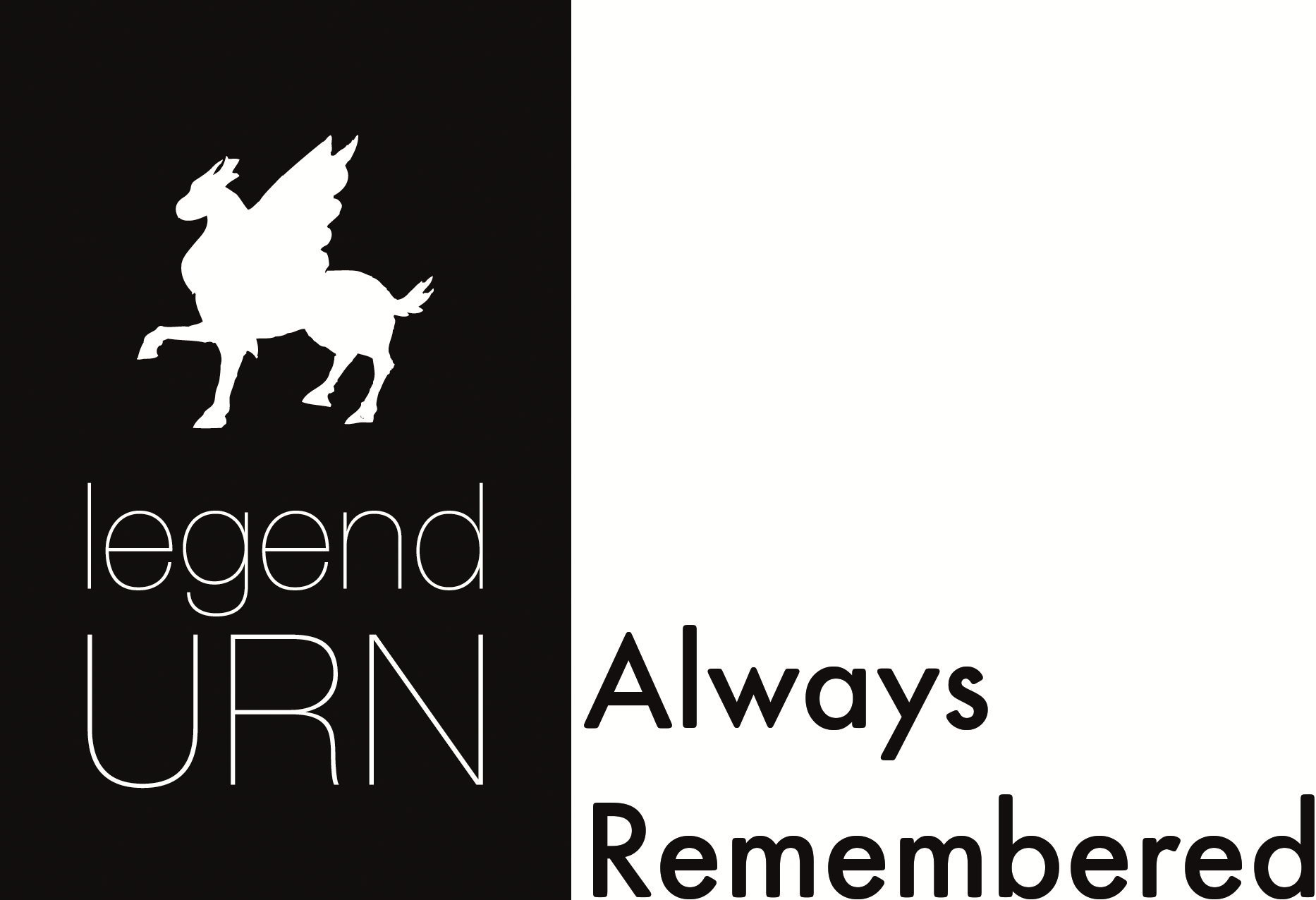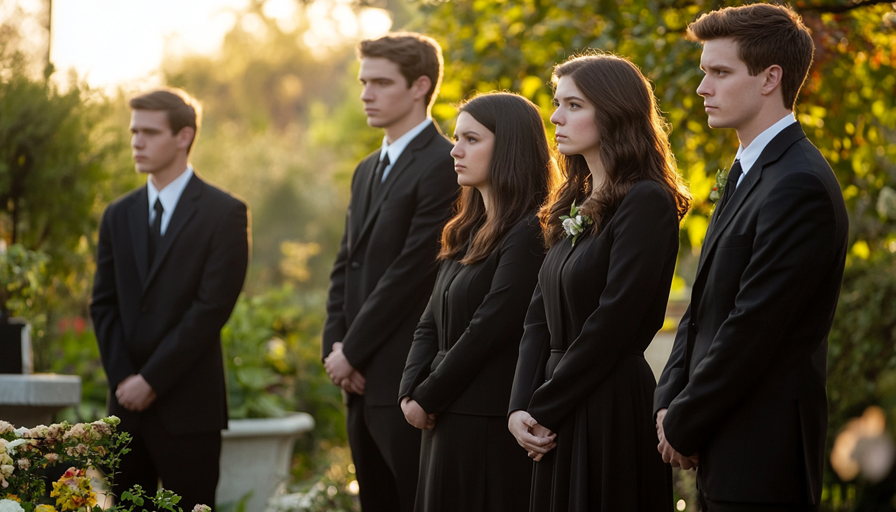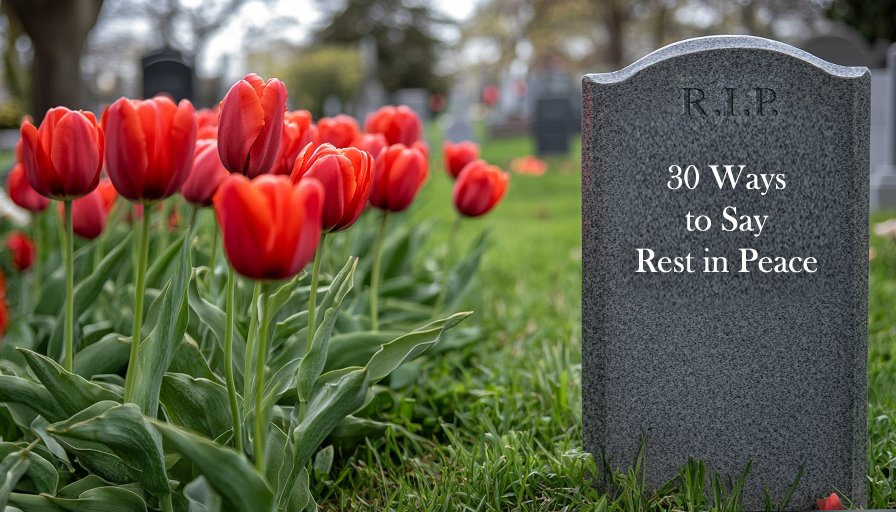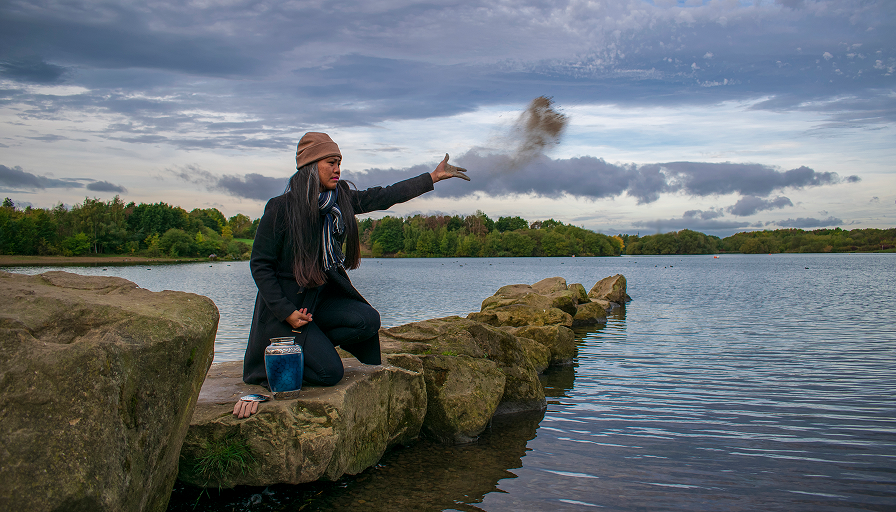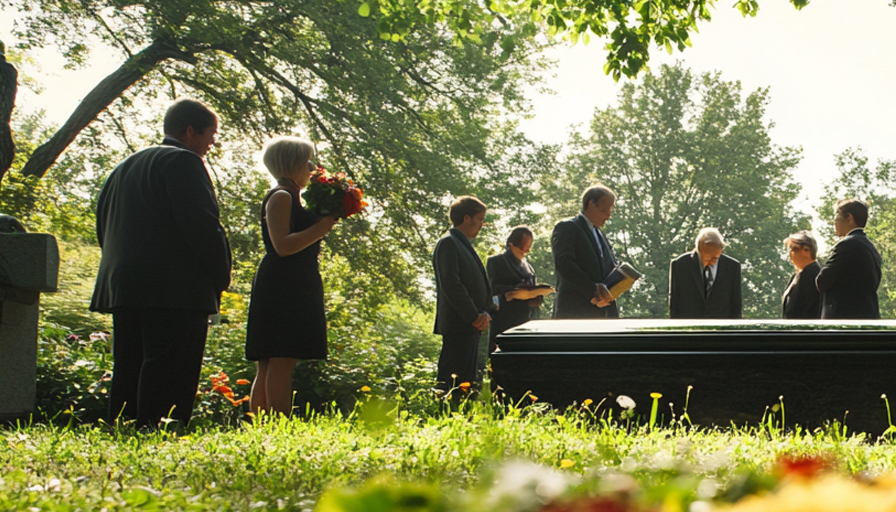How to Grieve the First Death Anniversary of a Loved One
The first death anniversary of a loved one is a significant milestone, marked by a mix of emotions. For many, it feels like a fresh wave of grief, reopening wounds that have barely had time to heal. Others see it as an opportunity to honor the memory of the person they’ve lost, to reflect on their life, and to cherish the impact they had on those around them.
No matter how you approach it, navigating this day can feel overwhelming. In this blog, we’ll explore ways to grieve, commemorate, and find comfort during this deeply emotional time.
Understanding the First Death Anniversary
The first year after losing someone is often filled with challenges. Every holiday, birthday, or special occasion without them serves as a reminder of their absence. By the time the anniversary arrives, emotions can feel heightened, as it’s not only a reflection of the loss but also of how much has changed in a year.
Grieving this milestone can look different for everyone. Some people feel intense sadness, while others may experience guilt for moving forward or even relief for surviving the year. All these feelings are valid. The first anniversary is not just about mourning, but also about recognizing the journey you’ve taken since their passing.
Preparing for the Day
Grief often feels unpredictable, but planning for the first anniversary can help bring a sense of purpose to the day. Here are some steps to consider:
1. Reflect on What You Need
Ask yourself how you want to spend the day. Do you want to be surrounded by others who also loved the person? Or would you prefer to be alone, reflecting quietly? Knowing what feels right for you can help shape the day in a way that brings comfort.
2. Involve Others
If you’re part of a close-knit family or group of friends, consider discussing how you’d like to honor the day. This can help avoid misunderstandings and ensure everyone feels supported.
3. Set Boundaries
It’s okay to say no to invitations or expectations that don’t align with how you want to spend the day. Prioritize your emotional well-being.
Ways to Commemorate the First Death Anniversary
There’s no right or wrong way to honor a loved one on this day. Choose an approach that resonates with you and reflects their memory.
1. Hold a Memorial Gathering
Bringing people together to celebrate the life of your loved one can be a beautiful way to mark the anniversary. Share stories, photos, or videos, and encourage attendees to express what the person meant to them.
Ideas for a memorial gathering:
- A small family dinner with their favorite dishes.
- A candlelight vigil to reflect on their life.
- A slideshow or video montage of cherished memories.
2. Visit a Meaningful Place
Spending time in a place that was special to your loved one can provide a sense of closeness. It might be their favorite park, a beach they loved, or even their gravesite.
3. Perform an Act of Kindness
Many people find comfort in doing something meaningful in their loved one’s name. Consider:
- Donating to their favorite charity.
- Volunteering at a cause they cared about.
- Planting a tree or flowers in their honor.
4. Create a Personal Ritual
A private ritual can help you connect with your emotions and honor your loved one. This could include:
- Writing them a letter to express how you feel after a year.
- Lighting a candle and sharing a moment of silence.
- Listening to their favorite music or watching a movie they loved.
-
Organize a meaningful ash-scattering ceremony if you still have the ashes.
5. Reflect on Their Life
Spend time reflecting on their life, what they taught you, and how they impacted those around them. Writing in a journal can help organize your thoughts and process your feelings.
Coping with Grief on the Day
Grief can be unpredictable, and even the best-laid plans may not unfold as you expect. Here are ways to navigate the emotional challenges of the day:
1. Allow Yourself to Feel
It’s natural to experience a range of emotions—sadness, anger, or even joy when remembering happy times. Give yourself permission to feel whatever arises without judgment.
2. Lean on Support
Whether it’s a friend, family member, or grief counselor, reaching out for support can make the day feel less isolating. Sometimes, just talking about your loved one can bring comfort.
3. Practice Self-Care
Grieving takes an emotional toll, so take care of yourself physically and mentally. Eat nourishing meals, stay hydrated, and rest if you need to.
4. Focus on the Positives
While it’s important to acknowledge the pain of their absence, try to also celebrate the joy they brought to your life. Reflect on the laughter, lessons, and love you shared.
When Grief Feels Overwhelming
For some, the first anniversary can bring up feelings of unresolved grief or even trigger depression. If you find yourself struggling to cope, consider the following:
- Talk to a Grief Counselor: Professional support can provide tools to navigate your emotions.
- Join a Support Group: Connecting with others who have experienced similar losses can help you feel less alone.
- Practice Mindfulness: Techniques like meditation, yoga, or deep breathing can help calm your mind and reduce anxiety.
Honoring your Journey
The first anniversary is not just a time to grieve, but also to reflect on your journey over the past year. Acknowledge the strength it took to navigate life without your loved one. Celebrate the ways you’ve carried their memory forward, whether through traditions, lessons, or small everyday moments.
Remember that grief doesn’t have an expiration date. It evolves, often becoming less acute but never entirely disappearing. This anniversary is a chance to honor the person you’ve lost while giving yourself grace for how far you’ve come.
Conclusion
Grieving the first death anniversary of a loved one is a deeply personal experience. Whether you choose to spend the day in quiet reflection, surrounded by loved ones, or engaging in meaningful activities, there’s no “right” way to navigate it.
What matters most is honoring your emotions and the memory of the person you’ve lost. By finding ways to celebrate their life, reflect on their impact, and connect with your grief, you can create a meaningful and healing way to mark this significant milestone.
Their memory will continue to live on—not just on this day, but in the many moments and choices that reflect the love and lessons they left behind.
If you have any questions, comments or according to you certain information is missing after reading this post, feel free to contact us via the contact form.
